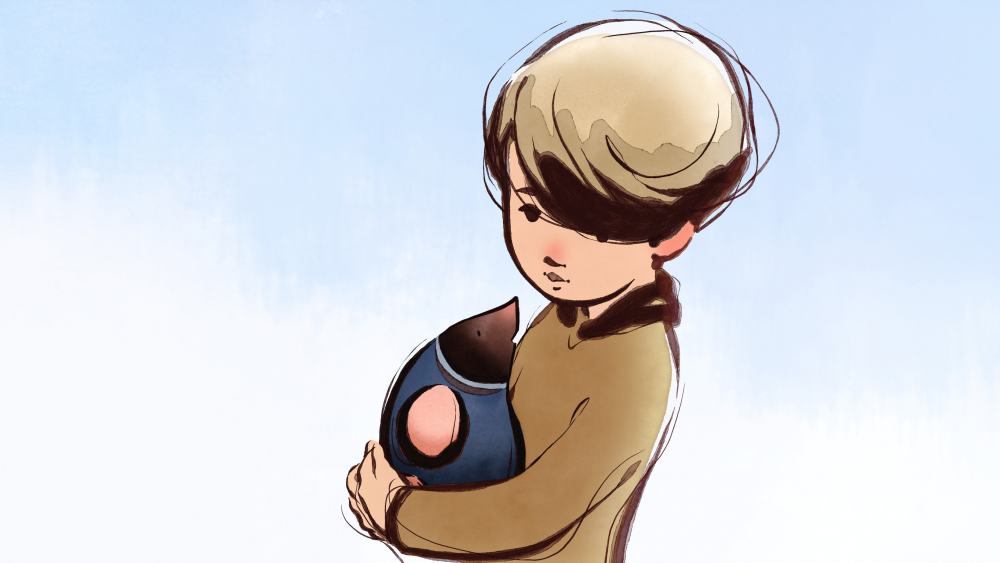
When writer Charlie Mackesy was searching for someone to score the music for the adaptation of his beloved book 2019 book “The Boy, the Mole, the Fox and the Horse,” he thought of Isobel Waller-Bridge.
The story about four characters who are lost and need connection is about vulnerability, and for Waller-Bridge and Mackesy, the idea of needing connectiion was best relayed through a musical palette using the piano and a cello.
Here, Waller-Bridge discusses navigating the score and the most important music cues.
What was your introduction to the book, and what did getting the call from Charlie mean to you?
My brother gave me the book for Christmas in 2019. I remember opening it and seeing these beautiful illustrations and these poetic words, and I just fell in love with it. When Charlie asked me to write the music for the film, it was an incredibly profound thing because this book was so precious to me and because of the impact that it has had on people through the pandemic. I felt a huge responsibility to do justice to Charlie’s vision and its existence.
How did you want to approach the score in terms of instruments, and what felt integral to telling these characters’ stories?
I met Charlie about a year before the official scoring process was going to start, so we had a long period to talk about the film and the sound the story needed. In those conversations, we knew the piano would be the leading instrument. It felt like the tambour of it would communicate that feeling of home. The other instrument that was important was the cello because that’s a sound that Charlie really loves, and I also really love it, and the combination of these two instruments became the whole score. We also had to have an orchestral element to it because there are moments in the film where things really have to soar and grow.
How did you use music to illustrate drama and those tense moments?
I approached it to figure out what was happening within a scene. Within that, there are lots of different things happening, but what was going to move the story on? The cello is really great because apart from its depth of it, it gives you lots of different textures. It can go low and give you those very deep feelings, but it can be very lyrical, or it can sound quite scary.
One of the last cues, ‘You’re Loved and Important,’ is the message of the book and film. What went into crafting that?
Even though there was a lot in the score, the final cue “Home” was written completely away from the picture and then put in, and it worked. With “You’re Loved and Important,” Charlie had a particular idea about when the emphasis was in the scene and what it should be. I found that useful because I needed to emphasize love. We needed a warm piano chord underneath it. If it came in a second too early or a second too late, or even too loud then you don’t hear the word. It was all about tiny adjustments that made the world of difference. The other thing to note is there are so few words in the film which have their melody and I didn’t want to get in the way of that. So, you don’t need music because those were so profound. But that cue was the main theme.
What was another important cue?
“Flying” because it was one of the last ones I wrote and it was so important. I don’t always write in order, it’s typically in windows. With this, it was quite late in the day because so much of the material was coming from the rest of the score. It’s the first time the characters are all together. They’re free at this point and by this time, they’ve shared their vulnerabilities. It’s a beautiful moment about friendship and the boy releases his hands and he lets go and doesn’t fall off. I sent it to Charlie and was nervous, but he sent me a video with tears coming down his cheeks. I’ll never forget that.













